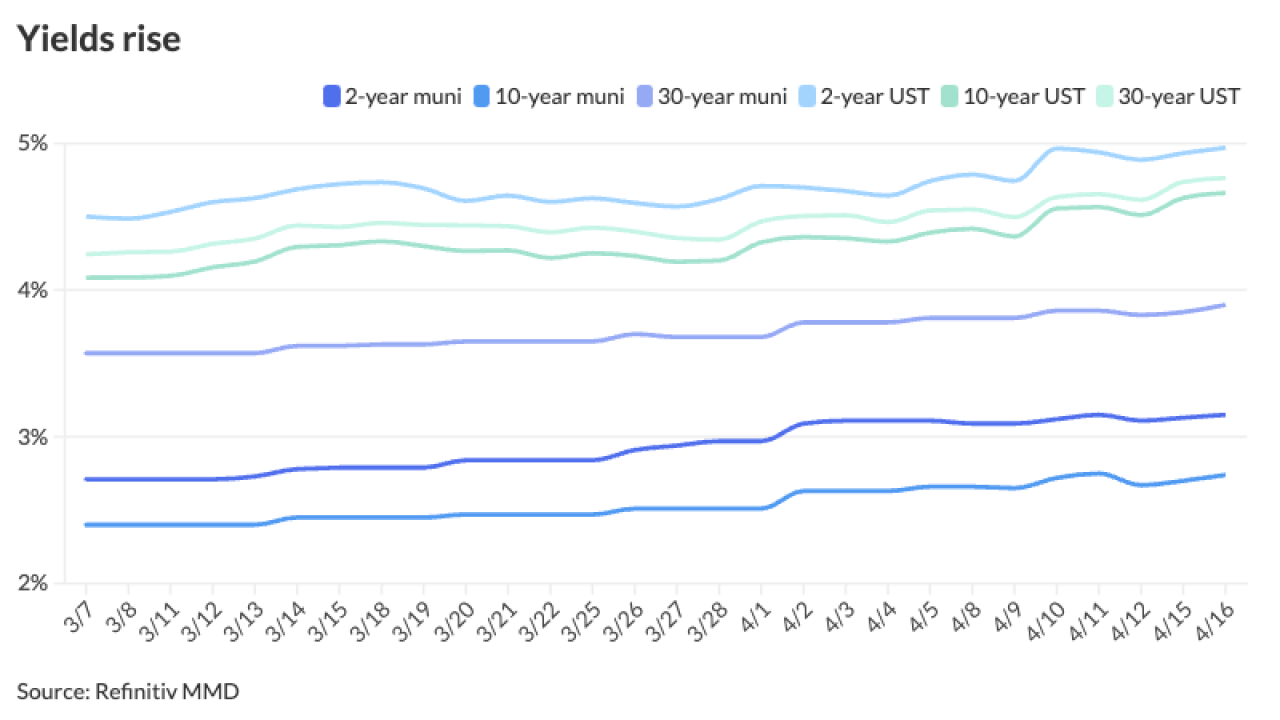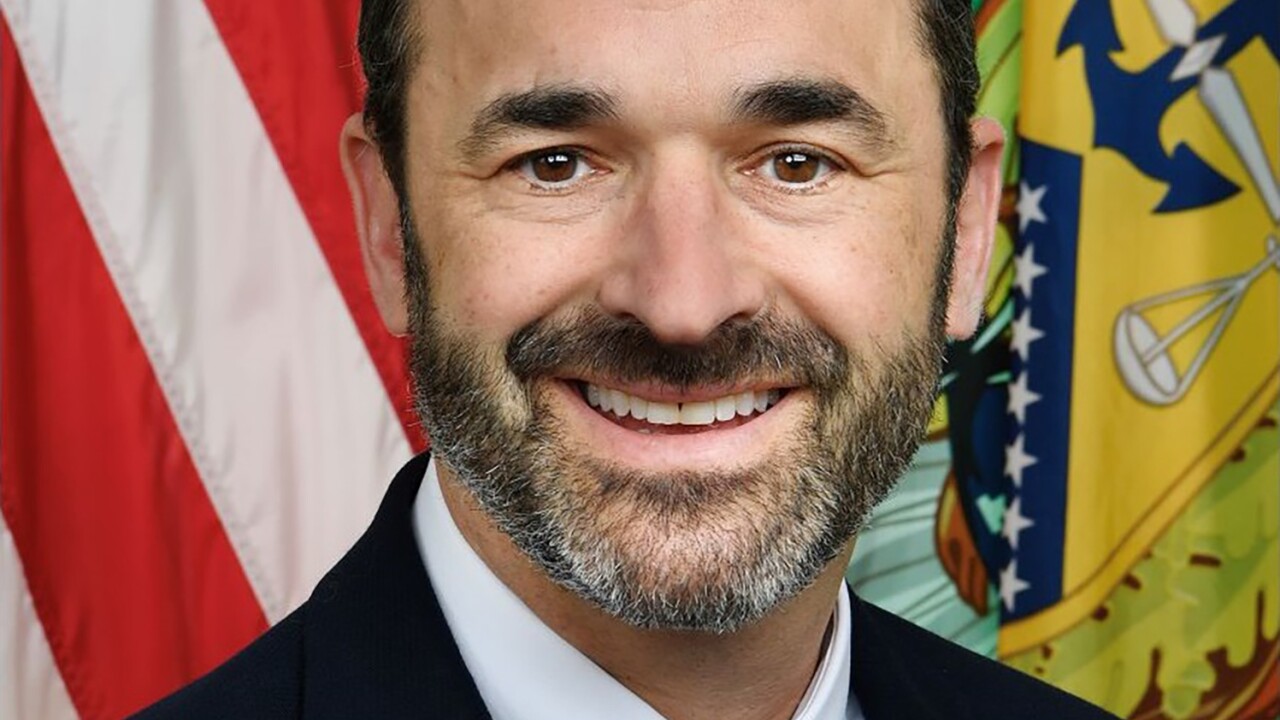BRADENTON, Fla. – As residents in Florida's Solivita retirement community appeal a bond validation case, their community development districts asked a new judge to approve the same debt using a different assessment scheme.
Solivita residents, in their appeal now before the Florida Supreme Court and in the first validation case, said they believe Florida law requires a just valuation.

Their state representative wants to emphasize that point. In an action stemming from the Solivita bond dispute, state Rep. John Cortes, D-Kissimmee, said he has filed a bill making it clear that CDDs must use a certified appraiser to obtain a valuation of property a CDD intends to purchase.
The residents' argument was rejected by Polk County Circuit Judge Randall McDonald when he refused to validate $102 million of bonds on Aug. 31 sought by the Poinciana CDD and the Poinciana West CDD.
The CDDs plan to use $72.9 million of bond proceeds to purchase Solivita amenities such as pools and parks from the developer, Avatar Properties, and its parent AV Homes. Another $11.2 million would be used by the developer to build a new wellness center and a 600-seat performing art theater.
The residents argued in the first validation case that the CDDs and the developer improperly used an income-based approach – as opposed to obtaining a just or market value from a certified appraiser - to capitalize 30 years of future club membership fees currently charged by the developer in order to value the amenities in excess of their worth.
Judge McDonald disagreed.
“For the court,” he wrote in the Aug. 31 ruling, “the dispute of valuation methodologies allowed for reasonable people’s differing opinions thereon. Consequently, the court must defer to the presumed validity of the districts’ chosen income based valuation methodology.”
Rep. Cortes, who represents Osceola County where Solivita is located, said he filed House Bill 337 after talking to residents in the planned retirement community who believe they will pay too much over three decades for the existing amenities.
“They keep me informed about what’s going on,” Cortes said. “It’s a waiting game and it’s a lawyer’s game, and it’s costing them a fortune.”
Some 1,500 residents signed a petition asking the CDD supervisors to obtain a real estate appraisal for the amenities, most of which are 15 to 17 years old.
When that didn’t work, they hired an attorney and Urban Economics Inc., a Florida licensed real estate appraisal firm, which concluded that the existing facilities had a market value of $19.25 million.
Cortes’ HB 337 consists of one sentence that would require all CDDs to “first obtain a just valuation of the property by a property appraiser.”
“We did the bill to make it at fair value, to where they can’t jack up the price and allegedly make money off of it,” Cortes said. “It’s just a little language to help out the next time, so it will not happen to somebody else.”
Currently, there is no companion bill in the Senate, although Cortes said that he may try to get the measure attached as an amendment in a Senate bill. The 60-day Florida legislative session begins Jan. 9.
In the first bond validation case, McDonald rejected all but one argument against validation made by the Solivita residents.
In refusing to approve the bonds, McDonald agreed with residents' argument that the CDDs failed to “properly, fairly, and reasonably” apportion special assessments they planned to levy on homeowners’ tax bills to pay the debt service on the tax exempt bonds.
After the ruling was handed down, the CDD supervisors met to revise the assessment methodology and approve moving forward with the bond issue using the same income-based valuation of the amenities being purchased to support the debt.
On Oct. 24, the Poinciana CDDs filed a complaint in the Polk County circuit court to validate up to $102 million of revenue bonds. The new case has been assigned to Judge Steven Selph.
The debt will be secured with assessments on an “equal per unit basis with all units paying the same amount of assessments,” according to minutes of the CDD supervisors' Oct. 18 meeting.
The supervisors also voted at that meeting to adopt a resolution levying the new special assessments, and to set a public hearing on the assessments for Dec. 13.
The only dissenting vote on both measures came from Supervisor Lita Epstein, a resident of Solivita since 2005 who has a bachelor’s degree in Community Development from Rutgers University and a Master of Business Administration from Emory University in Atlanta.
“I stated very clearly the reason I opposed those resolutions is because I need to get a licensed property appraiser, an MAI, who can determine the true value of the assets from a third party” perspective,” she said, referring to an appraiser who is a Member of the Appraisal Institute.
Epstein said she has opposed the deal since April 2016 because no appraisal was obtained, and while she was a member of the Solivita Amenities Evaluation Committee. She was elected a CDD supervisor in November 2016.
Another reason she objects to the bond issue, she said, is that the proceeds provide no funding for reserves, operations and maintenance, or capital improvements.
In addition to the $72.9 million price tag for the existing amenities and $11.2 million for new facilities, $11.4 million of bond proceeds will be used for costs of issuance, some of which will reimburse the developer who paid CDD costs for studies, evaluations, and legal fees up front, she said.
“We should not as residents pay more than a third-party investor would pay for these properties,” Epstein said. “We’re paying what I’ve been told by Solivita residents, who have bought and sold businesses their entire career, is almost double what a third party would pay.”





